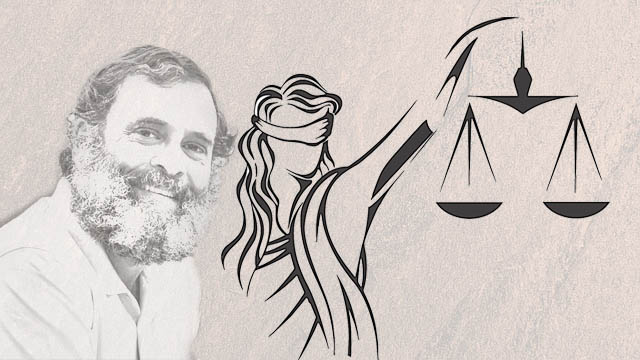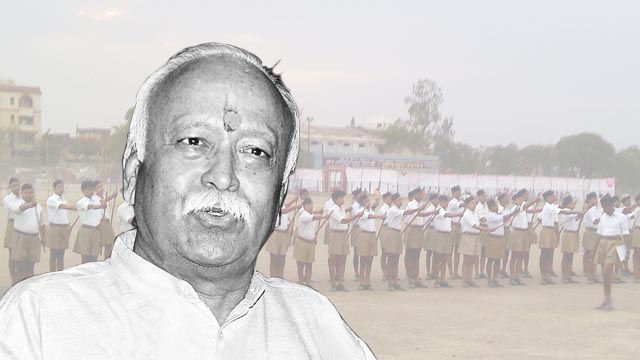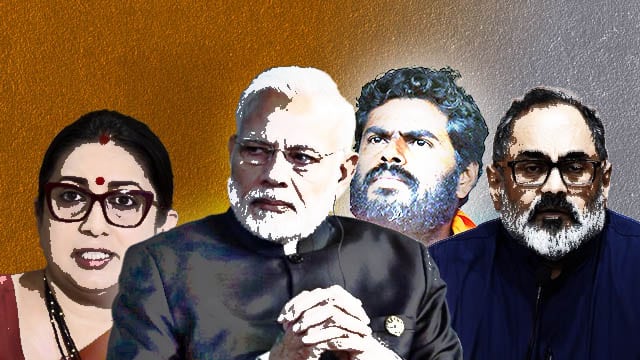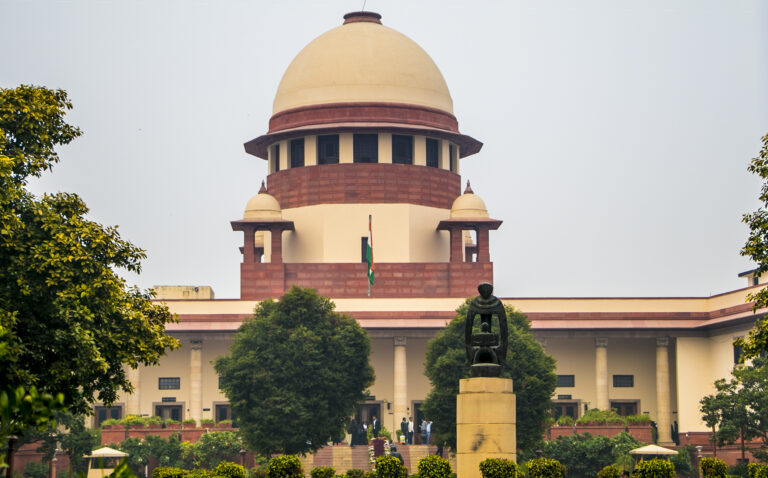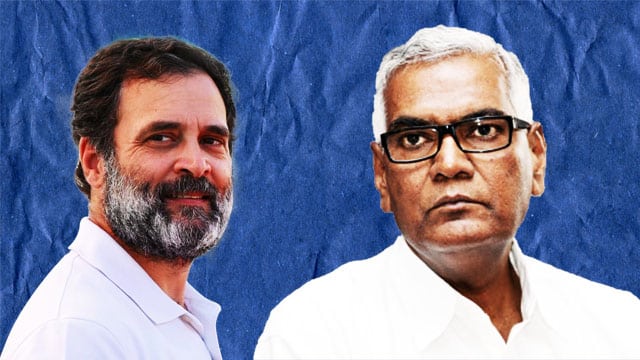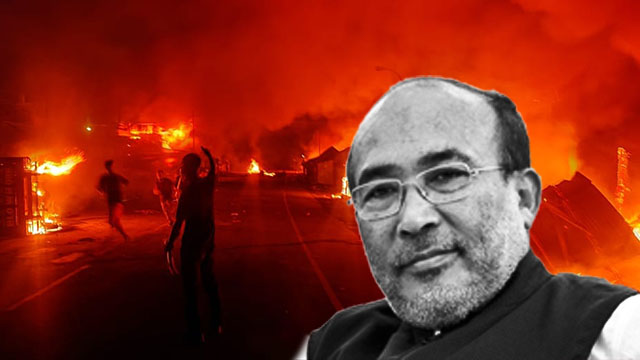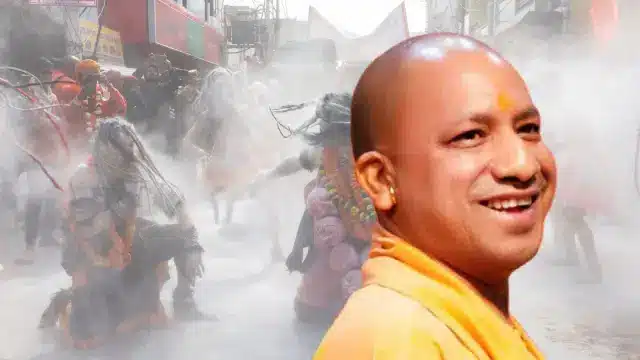After his conviction in a defamation case over a 2019 remark on Prime Minister Narendra Modi’s surname matching with that of several fugitives, Indian National Congress (INC) leader Rahul Gandhi may now get disqualified as a member of the Parliament (MP) following a 2013 verdict of the Supreme Court, which he had ironically supported then.
Gandhi’s disqualification as an MP following his conviction would bolster the ruling Bharatiya Janata Party (BJP), which has been facing constant attack from him over financial irregularities and the alleged bonhomie between the party and controversial capitalist Gautam Adani.
In 2013, the Supreme Court delivered a historic verdict in the Lily Thomas vs Union of India case. The apex court scrapped Section 8(4) of the Representation of the People Act, which allowed a three-month period for a convicted lawmaker— an MP, member of the legislative assembly (MLA) or member of the legislative council (MLC)— to appeal against a conviction.
The apex court’s order stated that any MP, MLA or MLC who is convicted of a crime and given a minimum of two years of imprisonment loses membership of the House with immediate effect. Gandhi was convicted in a defamation suit and sentenced to two years of imprisonment by a Surat court on Thursday, March 23rd.
However Chief Metropolitan Magistrate HH Verma of the Surat court that convicted Gandhi granted him bail against a surety of Rs 15,000 and gave him a period of 30 days to appeal against the verdict. Gandhi’s lawyers are mulling the possibility of appealing the ruling.
If Gandhi’s conviction isn’t frozen by a higher court immediately then the speaker of the Lok Sabha—the lower house of the Indian Parliament—won’t have any reason to not disqualify him. Gandhi will lose his parliamentary seat in Kerala’s Wayanad, which will be a big blow to the INC and his future electoral prospects. Earlier, Gandhi lost his traditional seat in Uttar Pradesh’s Amethi to BJP leader Smriti Irani.
Moreover, apart from losing his seat, Gandhi will be disqualified forever—until he’s cleared by a higher court, whose chances are bleak—from contesting elections. This will become a major setback for the INC. Despite not being the INC chief, Gandhi retains a prestigious position in the Gandhi-Nehru clan-driven political enterprise. As the scion of the clan, his disqualification as an MP and from future electoral contests will become major political liabilities for the INC, which has been losing to the BJP incessantly since 2014.
Following the Supreme Court’s verdict in the Lily Thomas vs Union of India case, the then INC-led United Progressive Alliance (UPA) government of former prime minister Manmohan Singh tried bringing an ordinance to override the verdict and provide the convicted lawmakers with a scope to retain their membership of the respective house until their appeal against the verdict is settled.
However, it was Gandhi, who vehemently opposed the ordinance and tore it up in public. “I personally think what the government is doing on the ordinance is wrong. It was a political decision, every party does it, and there is a time to stop this nonsense… If we actually want to stop corruption then we cannot make these compromises”, Gandhi reportedly told the media at that time. His statement and action became embarrassing optics for Singh, who had to roll back the ordinance after clearing it in a cabinet meeting.
Now, as Gandhi is facing disqualification from the Lok Sabha due to his conviction, it’s to be seen how he advocates for his case and what steps, ethical and political, he would take to walk the talk. Whether Gandhi can distinguish himself by setting an example or whether he would provide more political fodder to the BJP is yet to be seen.
Tanmoy Ibrahim is a journalist who writes extensively on geopolitics and political economy. During his two-decade-long career, he has written extensively on the economic aspects behind the rise of the ultra-right forces and communalism in India. A life-long student of the dynamic praxis of geopolitics, he emphasises the need for a multipolar world with multilateral ties for a peaceful future for all.

